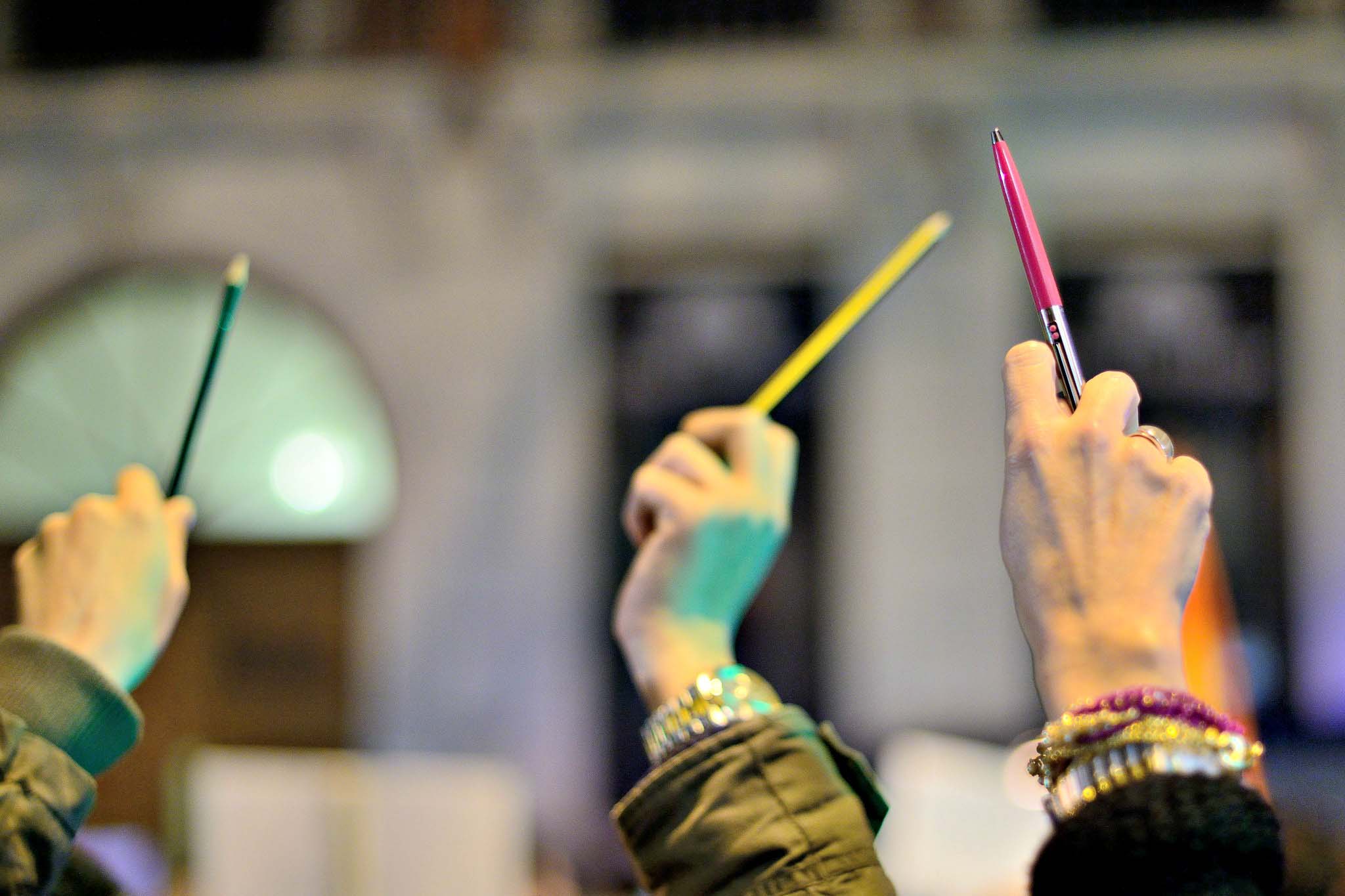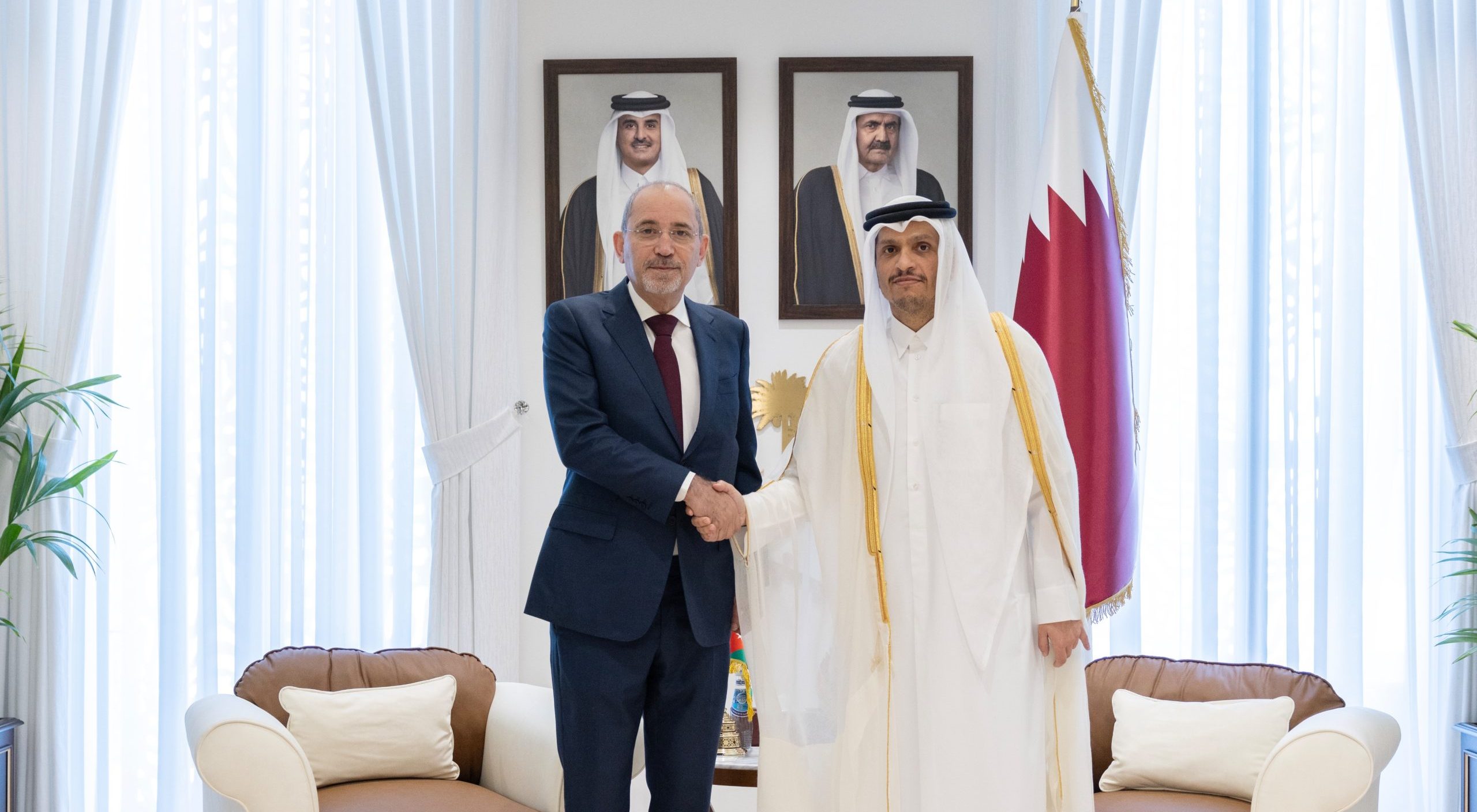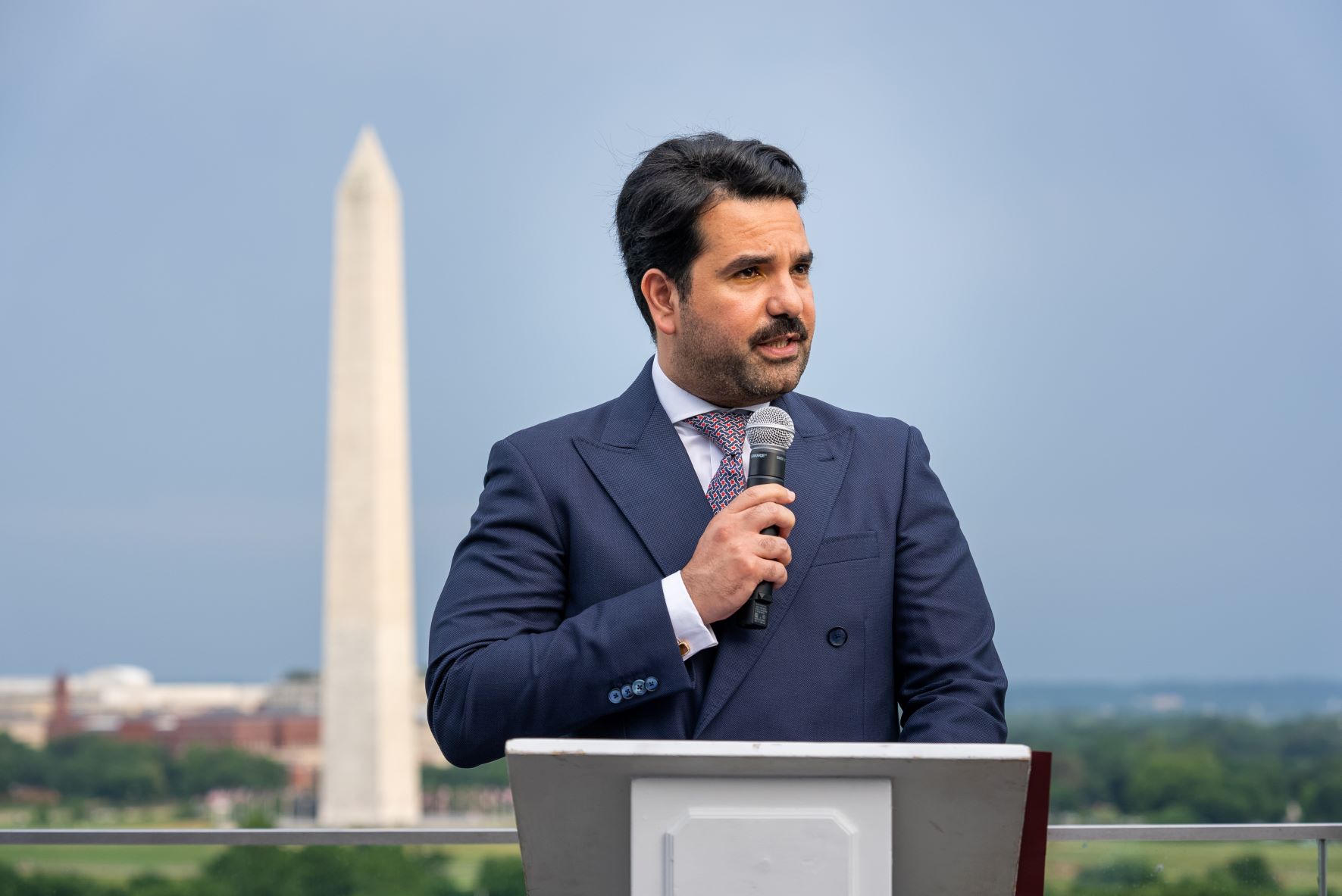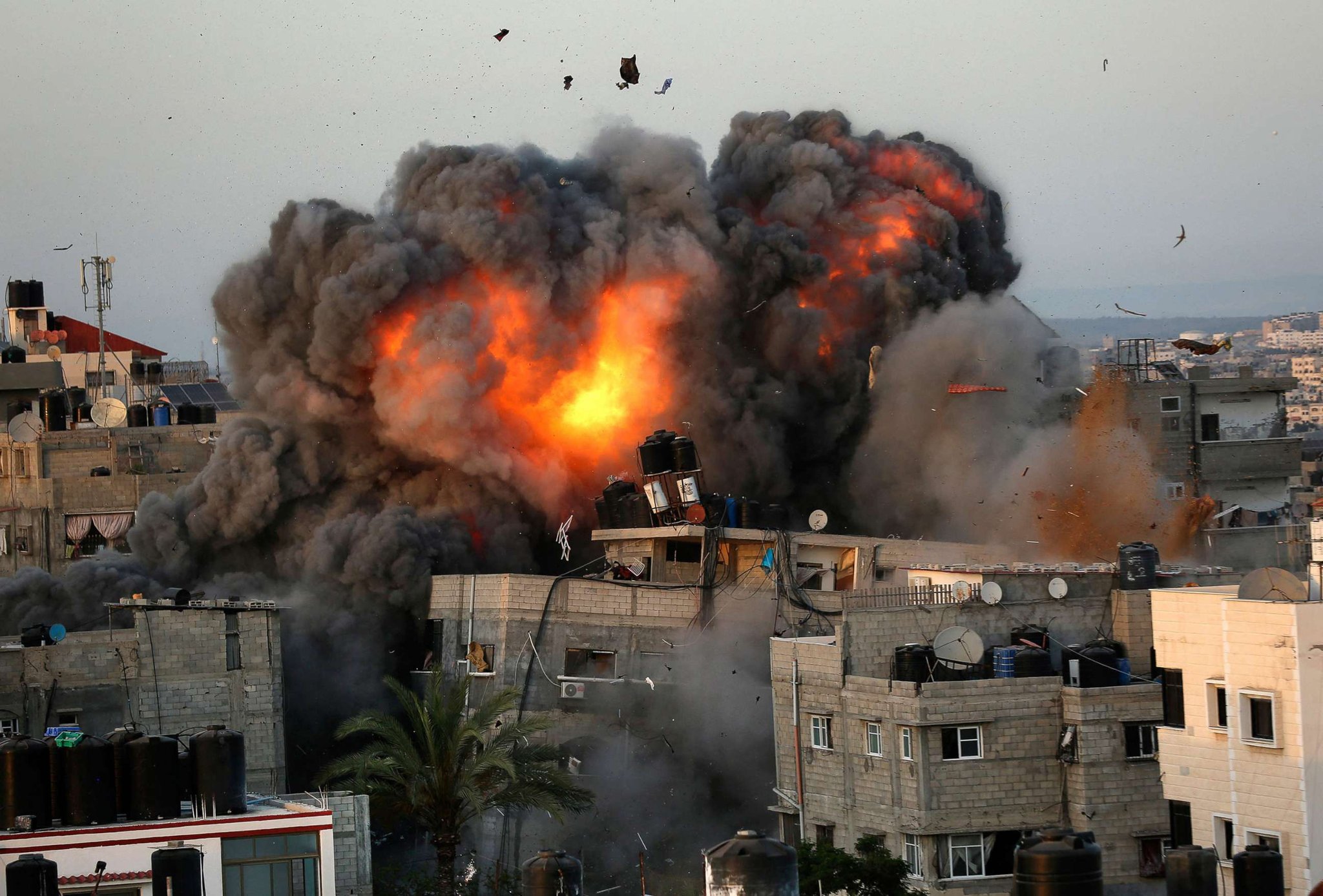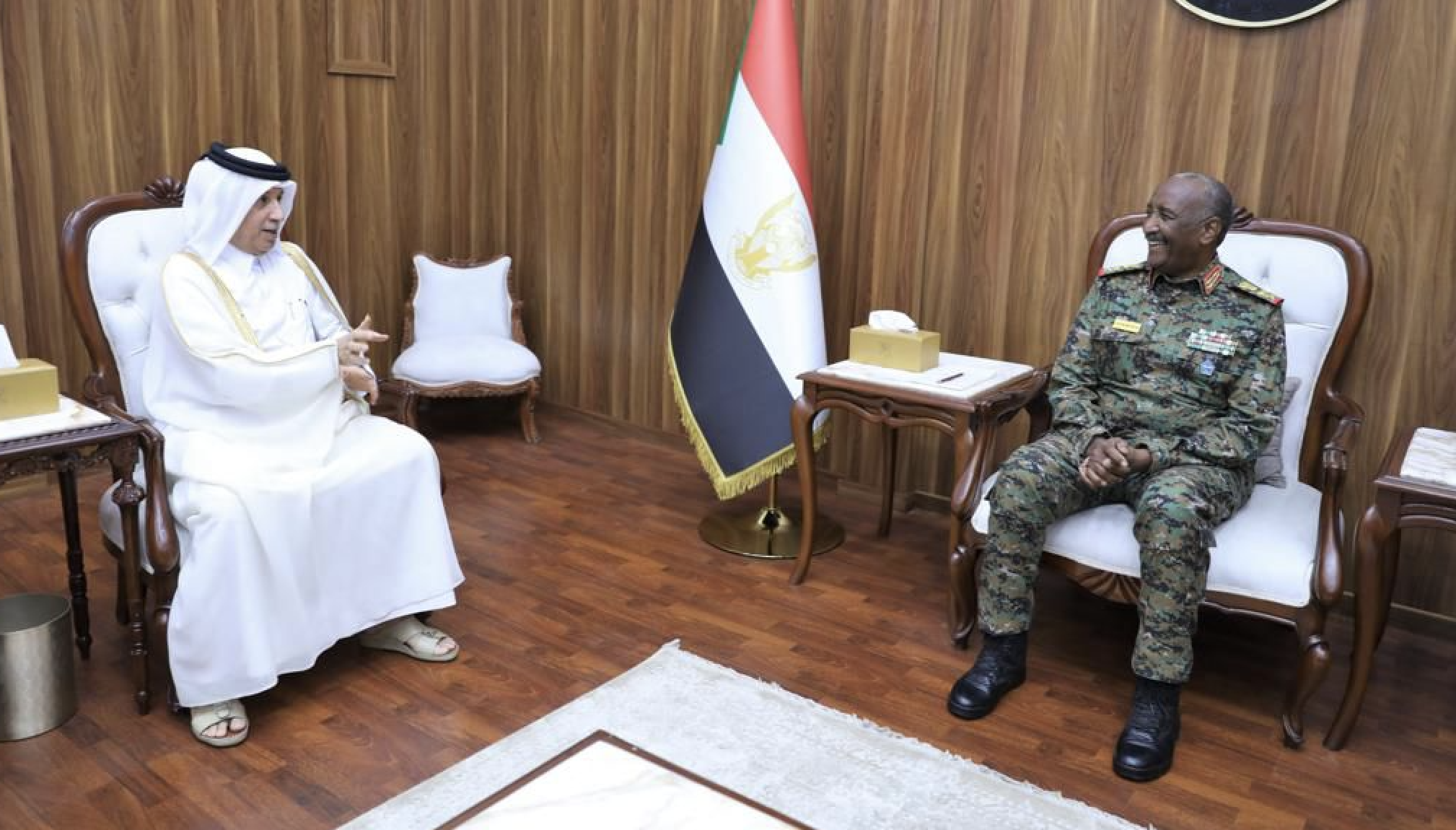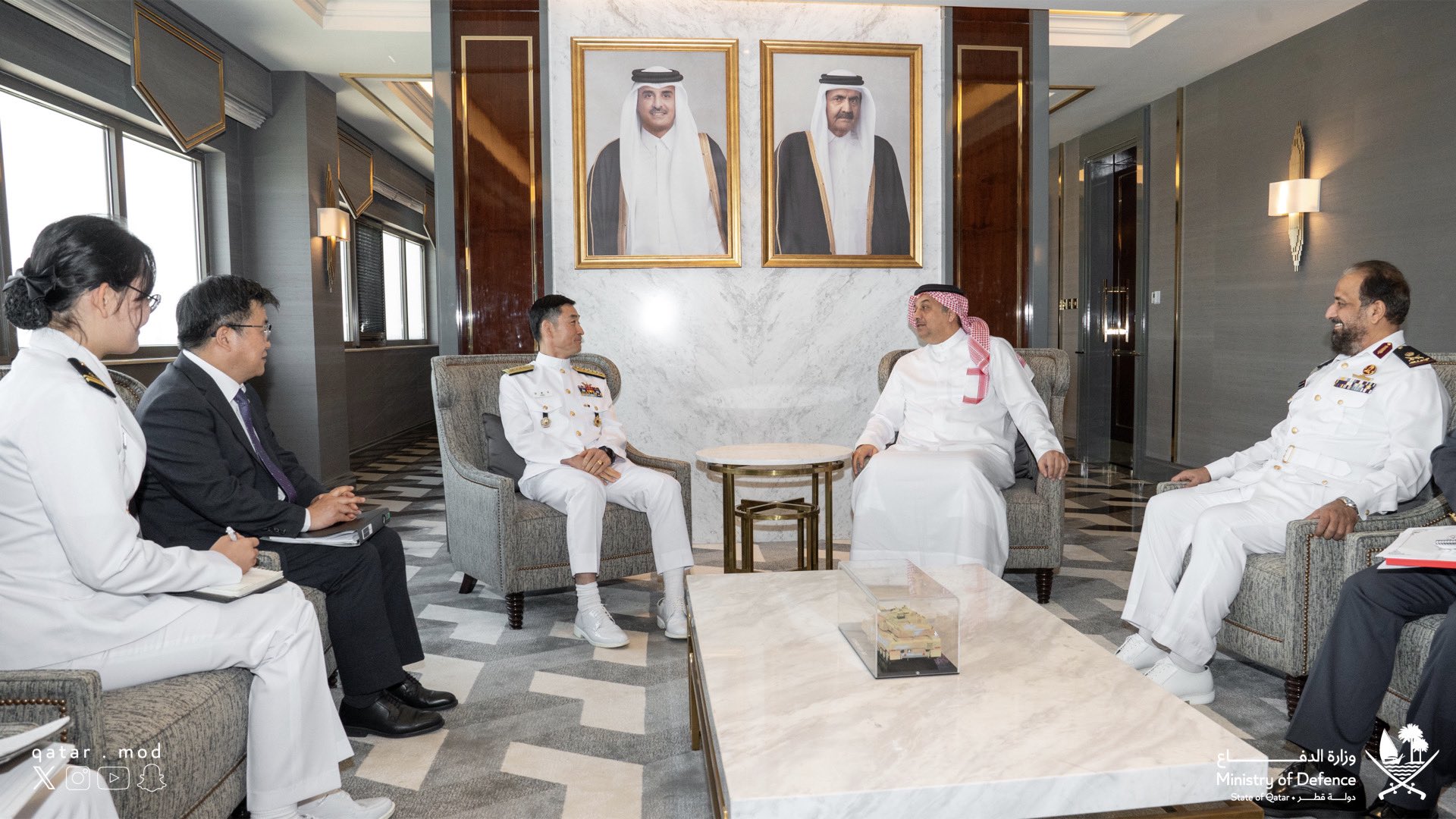
Qatar has fallen slightly in the rankings of an international media freedom index this year, following the recent introduction of the state’s cybercrime law.
The latest annual World Press Freedom Index, compiled by media advocacy organization Reporters Without Borders, has put Qatar in 115th place out of 180 countries globally, down two places from its position last year.
Qatar’s standing within the Gulf region remains similar to 2014 though, coming in second after Kuwait (90th) and five places ahead of the United Arab Emirates (UAE).

Oman follows at 127th, while Bahrain remained at 163th, and Saudi Arabia also held steady at 164th.
Scandinavian nations headed the index, with first place taken by Finland, second by Norway and third by Denmark.
Overall, two-thirds of the countries assessed fared less well this year than last, due to “a drastic decline in freedoms in 2014,” the report’s authors said.
Prior to publication of the 2014 index, Qatar had been slowly moving up the rankings. However, concern about the new cybercrime legislation appeared to reverse the trend, with Qatar dropping from 110th place in 2013.
Last year, a Reporters Without Borders official told Doha News of the drop:
“It’s not a strong worsening, but the situation is concerning,” Soazig Dollet, who leads Reporters Without Borders’ Middle East and North Africa desk. “There are no clear signs of positive will from the authorities to (allow) more freedom of expression in the country.”
Law enacted
The controversial cybercrime legislation, which had long been talked about, was finally approved by the Emir in September.

The wide-ranging law specifies fines and jail time for various offenses, and made it illegal to publish and share online content that is deemed harmful to the state’s “social values” or “general order.”
But it is the inclusion of so-called content crimes that are potentially most troubling for journalists and social media users. The introduction of these – though they have not been applied to any cases publicly – has been perceived as an erosion of media freedom by several rights groups.
Under the new law, it is illegal to:
- Create or manage a website to spread false news in order to jeopardize the safety of the state, its general order and its local or international peace (penalty is up to three years in prison and/or a maximum fine of QR500,000);
- Spread, air or publish the false news with the same intentions (penalty is up to one year in prison and/or a maximum fine of QR250,000);
- Violate any social values or principles, or publish news, pictures, audio or video recordings related to the personal or family life of individuals, even if it is true (penalty ia up to a year in prison and/or a maximum fine of QR100,000); and
- Libel or slander another person online or by using IT equipment (penalty is up to a year in prison and/or a maximum fine of QR100,000).
While Qatar’s Prime Minister previously framed the new cybercrime legislation as a counterterrorism measure, the country’s former justice minister told Doha News that the new law was passed to comply with an agreement among Gulf states to criminalize online insults of the region’s royal families.
Repercussions
Five months after its introduction, there don’t appear to have been any prosecutions under the new law and until it is used, journalists are left in the dark as to how it will be interpreted.

This in itself can result in self-censorship by reporters, from fear of falling foul of the law, analysts have said.
Freedom of expression is enshrined in Qatar’s Constitution, under Article 48 which states “Freedom of press, printing and publication shall be guaranteed in accordance with law.”
Additionally, as a member of the United Nations General Assembly, Qatar is required to grant journalists the right to “study, discuss, form and hold opinions on the observance, both in law and in practice, of all human rights and fundamental freedoms and, through these and other appropriate means, to draw public attention to those matters.”
While it does allow international journalists and human rights groups access to observe and report, a number of organizations criticized the cyber crime law when it was introduced. The Gulf Center for Human Rights said it “threatens freedom of expression in Qatar”, a fear which was also echoed by the Committee to Protect Journalists.
Thoughts?

